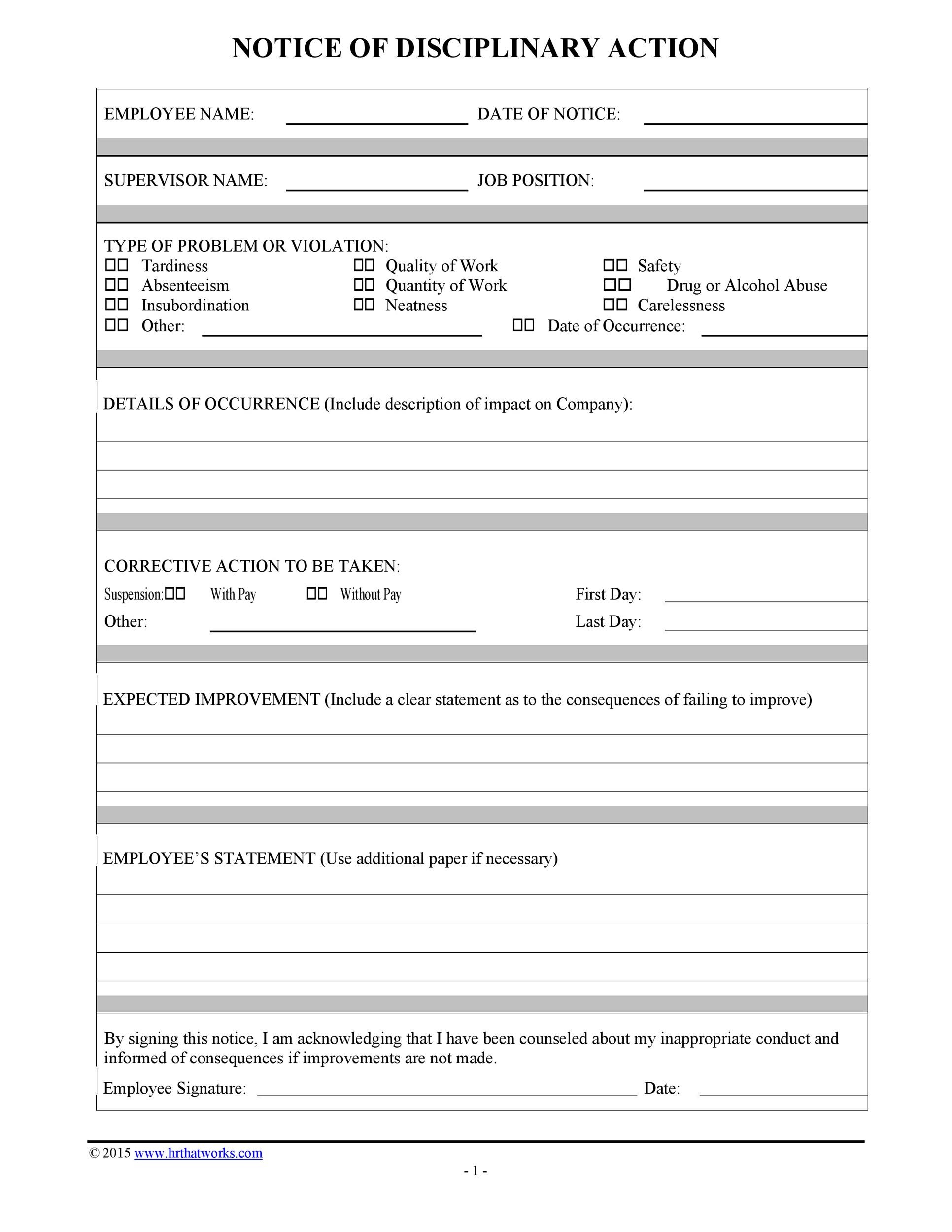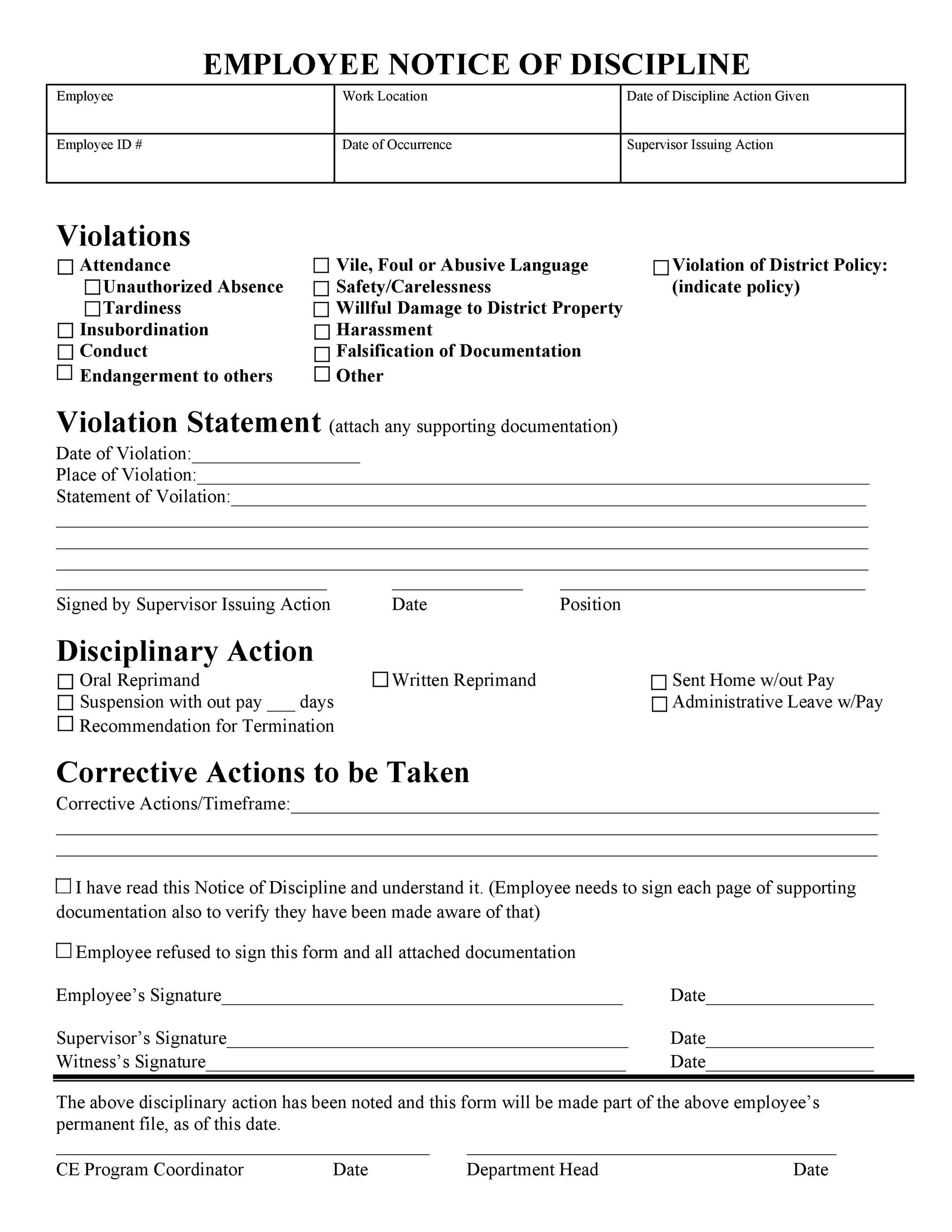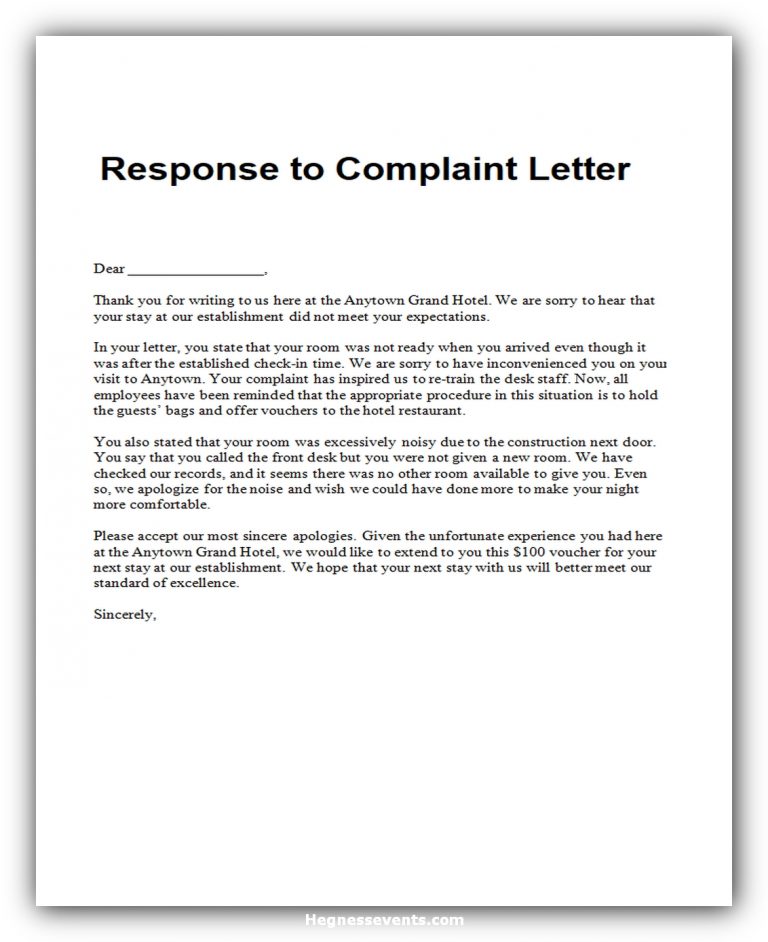How Do You Respond To A Disciplinary Action At Work Jun 7 2025 nbsp 0183 32 It has five different forms do does doing did done The base form of the verb is do The past simple form did is the same throughout The present participle is doing The past
The verb to do in English is used as a main verb and an auxiliary verb As a main verb it means to perform or to carry out As an auxiliary verb it helps to ask questions to make a verb To do is to act perform or undertake When you do chores you engage in the activity of cleaning the kitchen or taking out the trash Do is one of the most frequently used verbs in English
How Do You Respond To A Disciplinary Action At Work
 How Do You Respond To A Disciplinary Action At Work
How Do You Respond To A Disciplinary Action At Work
https://www.coscia.com/wp-content/uploads/2017/08/disciplinary-action2.jpg
Aug 12 2022 nbsp 0183 32 We ve put together a guide to help you use do does and did as action and auxiliary verbs in the simple past and present tenses
Pre-crafted templates use a time-saving service for producing a varied range of files and files. These pre-designed formats and layouts can be utilized for numerous individual and expert projects, consisting of resumes, invitations, flyers, newsletters, reports, presentations, and more, simplifying the material creation process.
How Do You Respond To A Disciplinary Action At Work

Appealing A Disciplinary Letter Templates 12 TEMPLATES EXAMPLE

Warning Letter To Employee For Not Responding Infoupdate

Free Employee Disciplinary Action Discipline Form PDF Word EForms

DISCIPLINARY ACTION Stock Photo Image Of Consequences 87998722

Investigation Report Template Disciplinary Hearing Business Design

Free Printable Discipline Forms

https://www.merriam-webster.com › dictionary › do
The meaning of DO is to bring to pass carry out How to use do in a sentence Feasible and Doable

https://dictionary.cambridge.org › grammar › british-grammar › do
We use auxiliary do not auxiliary be for questions with main verbs in the present simple Do you live in an apartment Not Are you live in We use does not do for the third person in the

https://www.collinsdictionary.com › dictionary › english › do
When you do something you take some action or perform an activity or task Do is often used instead of a more specific verb to talk about a common action involving a particular thing For

https://www.dictionary.com › browse › do
Do is the general word He did a great deal of hard work Accomplish and achieve both connote successful completion of an undertaking Accomplish emphasizes attaining a desired goal

https://www.perfect-english-grammar.com › do-does-am-is-are.html
When we make questions in the present simple we use do does for almost every verb Do you like chocolate The main verb is like Does she live in Madrid The main verb is live Do
[desc-11] [desc-12]
[desc-13]